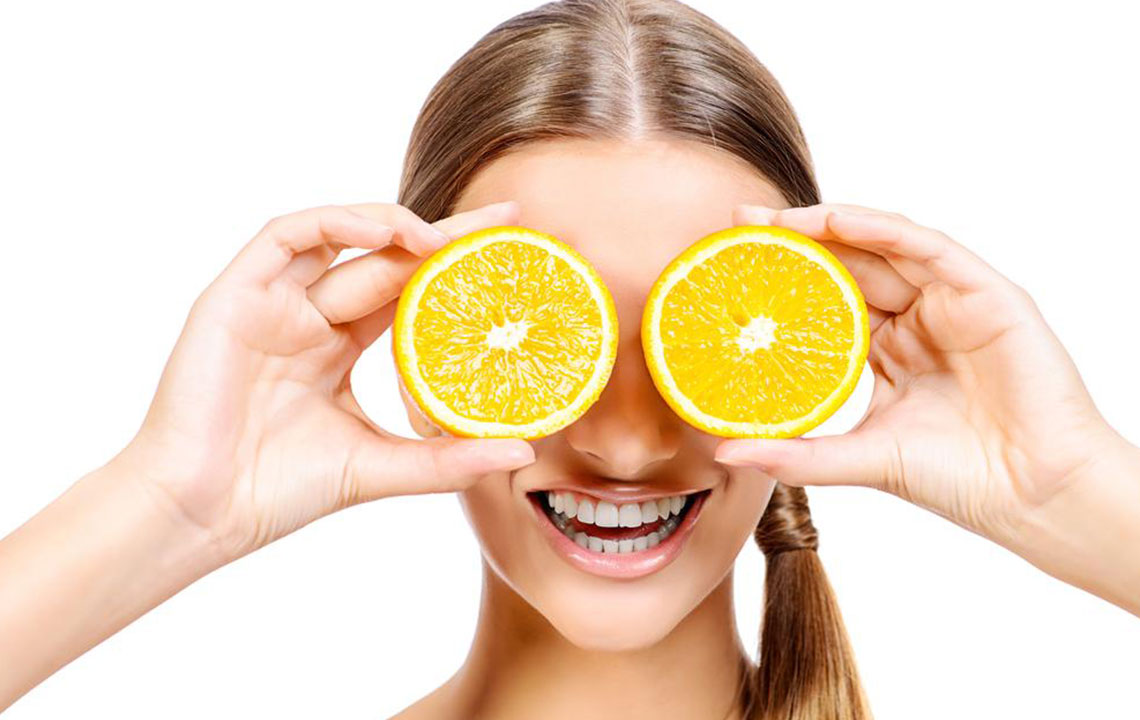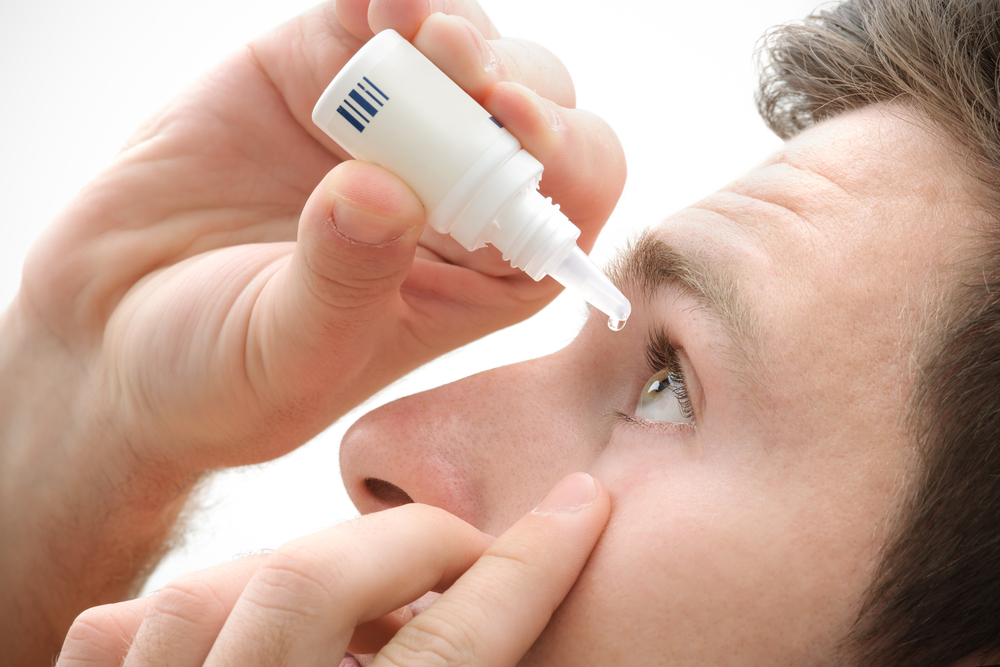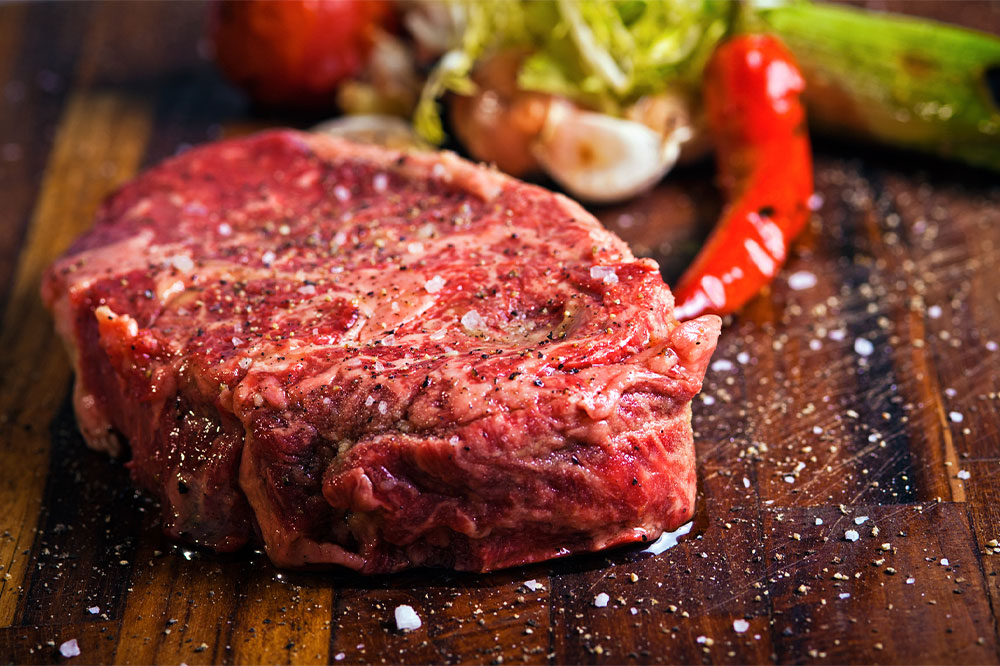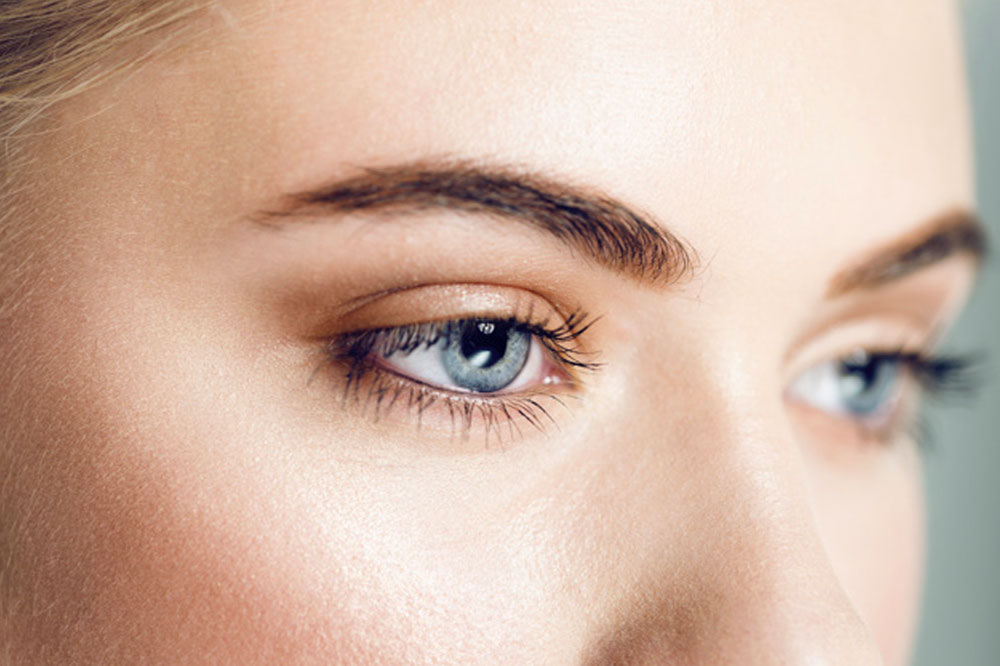Essential Dietary Recommendations for Maintaining Optimal Eye Health
This comprehensive guide discusses foods to limit for better eye health, emphasizing the impact of diet, UV protection, and medical therapies. It highlights harmful foods like margarine, red meat, and sugary drinks while recommending balanced nutrition and protective measures to maintain optimal vision and prevent age-related eye diseases. Regular eye check-ups and appropriate therapy options are also covered to promote long-term ocular wellness.

Foods to Minimize for Sustaining Healthy Vision
Our dietary choices play a pivotal role in preserving the health of our vital organs, particularly the eyes. The eyes are complex organs that depend heavily on an abundant blood supply to function correctly. Consuming a diet rich in essential nutrients supports the development and maintenance of healthy blood vessels supplying the eyes, thereby promoting clear vision and overall ocular health. Conversely, eating unhealthy or processed foods can obstruct these blood vessels, leading to reduced oxygen and nutrient delivery to the eye tissues, which over time may cause impaired vision or more severe eye conditions.
Margarine Often marketed as a healthy butter substitute, margarine commonly contains trans fats. These artificially produced fats are known to elevate bad cholesterol levels (LDL cholesterol) and decrease good cholesterol (HDL cholesterol). The accumulation of trans fats in the bloodstream can contribute significantly to atherosclerosis, increasing the risk of cardiovascular diseases, which often have direct implications for eye health. Blocked or narrowed blood vessels owing to high cholesterol levels can impair blood circulation to the eyes, leading to issues like vascular occlusions or age-related degenerative changes.
Red Meat Red meats, while rich in protein and iron, are often preserved using high levels of sodium, saturated fats, and other additives such as preservatives to prolong shelf life and enhance flavor. Excessive consumption of red meat has been associated with increased cholesterol and blood pressure levels. Elevated blood pressure can result in conditions like Choroidopathy, characterized by fluid accumulation beneath the retina, which can impair vision and lead to more severe eye complications. Therefore, moderation in red meat intake is crucial for maintaining healthy eye function.
Fish Fish, especially fatty varieties like salmon, mackerel, and sardines, provide vital omega-3 fatty acids that support retinal health and may delay the progression of age-related macular degeneration (AMD). However, many fish species can contain mercury and other environmental toxins due to water pollution. Excessive ingestion of mercury-contaminated fish can accumulate in the body and damage retinal cells, potentially leading to vision problems over time. Choosing sustainably sourced fish and limiting intake to recommended levels can help maximize benefits while minimizing risks.
Coffee Caffeine, a stimulant found in coffee, can have both positive and negative effects on eye health. While moderate caffeine consumption can enhance alertness and cognitive function, excessive intake may elevate intraocular pressure (IOP). Increased IOP is a concern for individuals with ocular hypertension or glaucoma, as it can accelerate optic nerve damage and result in irreversible vision loss if left unmanaged. Therefore, individuals with pre-existing eye conditions should monitor their caffeine intake and consult with an eye care professional.
Sugary Beverages Drinks such as energy drinks, sodas, and lemonades are notorious for their high sugar content—often containing about seven to ten teaspoons of added sugar per serving. Such high sugar levels contribute to the development of metabolic disorders like type 2 diabetes and cardiovascular disease. These conditions are well-known risk factors for several eye diseases, including diabetic retinopathy and age-related macular degeneration (AMD). Managing sugar intake by choosing healthier beverage options can significantly reduce the risk of developing these vision-threatening complications.
Sunglasses for Eye Protection Protection from harmful ultraviolet (UV) rays emitted by sunlight is crucial for maintaining long-term eye health. Ultraviolet rays, particularly UVA and UVB, can damage the delicate structures of the eye, especially the macula—a critical area responsible for sharp, central vision. Consistent exposure to UV radiation can accelerate the development of age-related macular degeneration, cataracts, and other ocular surface conditions. Wearing high-quality sunglasses from reputable brands such as Ray-Ban, Oakley, Persol, or American Optical can effectively shield the eyes from UV damage, preserving vision over time. Opt for sunglasses with 100% UVA and UVB protection, and consider wraparound styles for comprehensive coverage.
In addition to dietary choices and UV protection, various ophthalmic therapies are available to address specific eye conditions. For instance, VUITY eye drops have been approved to treat age-related presbyopia, improving near vision without surgery. LUMIFY eye drops provide relief from chronic eye redness and dryness by reducing blood vessel dilation. CEQUA™ is used to stimulate tear production in individuals with dry eye syndrome, enhancing comfort and visual clarity. Verkazia®, containing cyclosporine, is employed in the treatment of vernal keratoconjunctivitis, a form of allergic eye inflammation common in younger individuals. Regular eye check-ups and personalized treatment plans are essential components of maintaining healthy vision throughout life.





